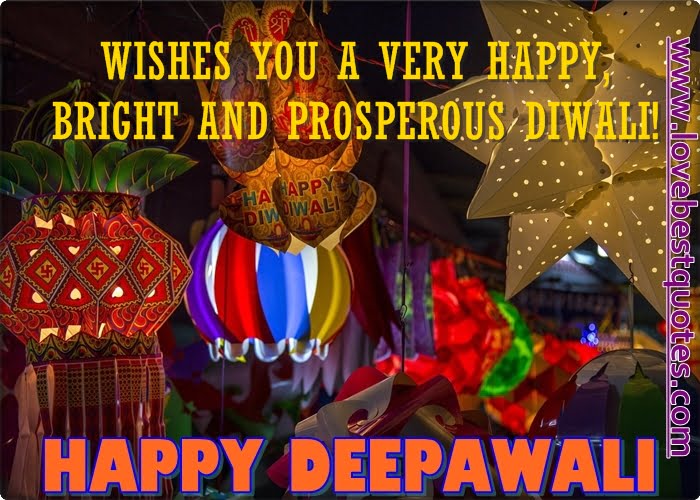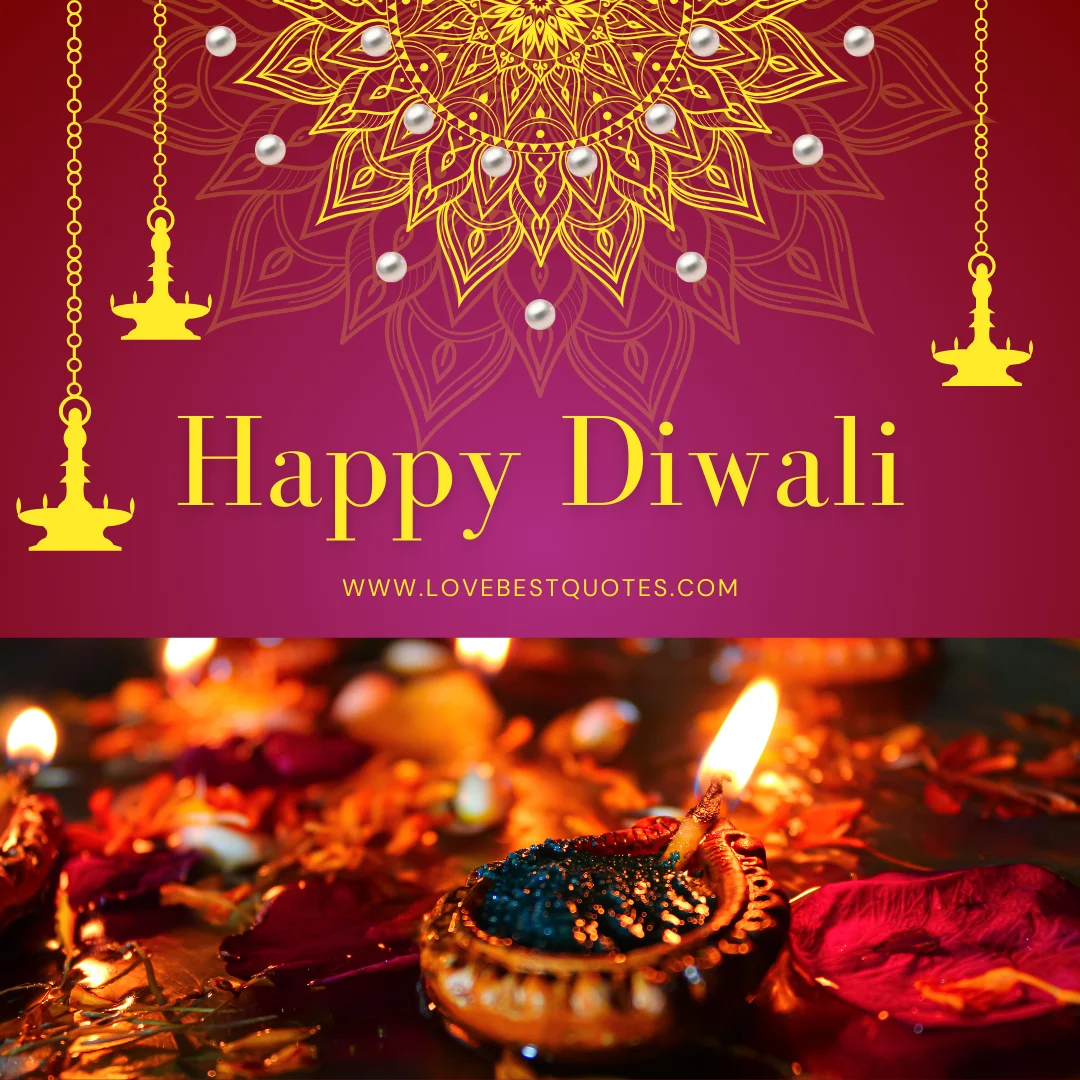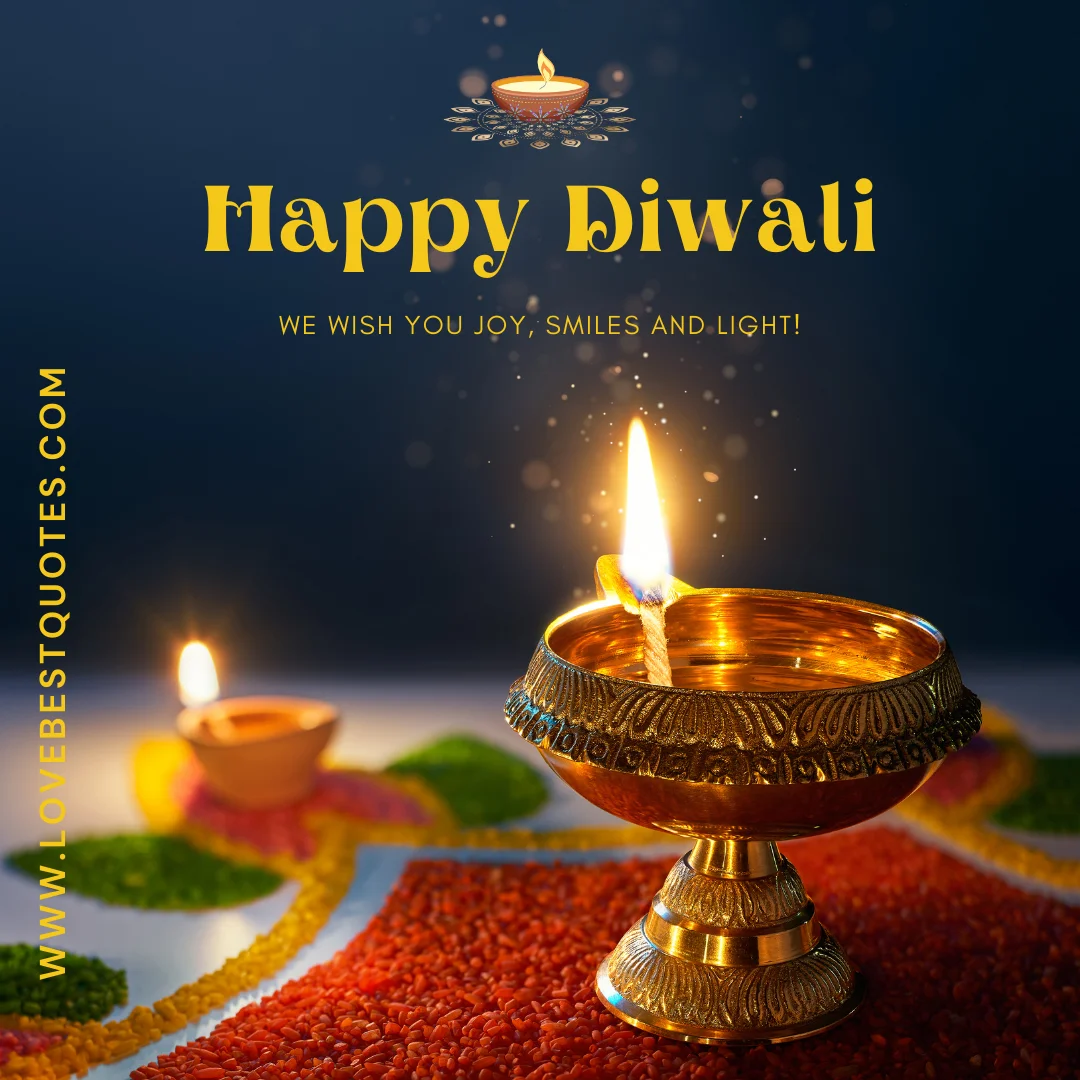India is a country that is synonymous with festivals. It is also called the land of festivals, This is because the great country has a huge diversity in caste, creed, regions, religions, traditions, languages, and cultures. The country has the most number of festivals celebrated not only in India but across the globe, be it Basant Panchmi, Baisakhi, Holi, Id, Buddha Purnima, Ram Naomi, Raksha Bandhan, Ganpati Visarjan, Baisakhi, Christmas, Dussehra, Diwali and so on.

Significance and Origins of Diwali
All Indian festivals are special but Diwali (also called Deepavali) is one of India’s grandest festivals and is celebrated between October and December, dates falling as per the Hindu calendar. Diwali is, in fact, the most eagerly awaited festival in India falling exactly twenty days after Dussehra.
Legends and Myths: The Triumph of Good Over Evil
The Story of Rama and Sita
Diwali celebrates the return of Lord Rama to Ayodhya after an exile of 14 years. Lord Rama, the King of Ayodhya, after killing the demon king Ravana (the King of Ceylon) in a war. came back to his kingdom with his wife Sita and his brother Lakshmana, and came back to Ayodhya. The people of Ayodhya, who loved their king Lord Rama so much, decorated the entire city. There was a great festival and celebration which continued for many days. To this day, Hindus in India and all over the world celebrate this day with great pomp and religious zeal.
The Legend of Lord Krishna and Narakasura
Another legend in Hindu mythology has it that Lord Vishnu, in his eighth incarnation as Krishna, destroyed the demon Narkasura. The demon Narakaasura was the evil king of the kingdom of Pragjyotishapura. He was an arrogant king who ruled with a reign of terror and was dangerous to his subjects and even to the gods. Narakasura had also imprisoned 16,000 women in his palace. The gods asked Lord Krishna for help, and after a mighty battle, he killed the demon and rescued the women on the day before Diwali. Diwali is, therefore, also a day to remember this triumph of good over evil.
The Five Days of Diwali
There are five days of Diwali festivals which are as follows:-
First Day of Diwali : Dhanteras
The first day of Diwali is called Dhanteras. It is said that on this day Lord Dhanvantari, came out of the ocean and imparted the wisdom of Ayurveda for the betterment of mankind and to rid it of the suffering of diseases. On the night of the Dhanteras, lamps (diyas) are lit everywhere and virtually kept burning all through the night in honor of Lakshmi and Dhanvantari.
Second Day of Diwali : Narak Chaturdashi
The festival of Narak Chaturdashi falls on the second day of Diwali. It is said that Lord Krishna destroyed the demon king Narakasur. This festival is also known as Choti (small) Diwali in North India and ‘Kali Chaudas’ in Gujarat, Rajasthan, and a few parts of Maharashtra. It is also a big business for shopkeepers as it is considered extremely auspicious to make new purchases, especially gold or silver articles and new utensils, and therefore people throng to the shops. Dhanteras has come to be known as the most auspicious occasion for making purchases of gold, silver, kitchenware, appliances, and even automobiles. This day marks the beginning of Diwali celebrations.
Third-Day of Diwali : Happy Diwali
This is the actual day of Diwali and is celebrated when the moon completely wanes and total darkness sets in the night sky. First of all, the worship of Mother Lakshmi is performed. All family members join together and worship the divine Goddess Lakshmi to seek her blessings for wealth and prosperity. People also visit temples to offer their prayers and seek blessings.
Fourth Day of Diwali : Goverdhan Pooja
On the fourth day of Diwali, falls to the Goverdhan Pooja festival. This day commemorates the incident when Lord Krishna lifted the Govardhan Hill to provide the villagers of Vrindavan shelter from torrential rains. It represents how Lord Krishna provided shelter to people and he will protect all devotees who take refuge in him.
The Fifth Day : Bhai Dooj
On the fifth day of Diwali falls the festival Bhai Dooj which is a day dedicated to sisters. If Raksha Bandhan is a brother’s day then Bhai Dhooj is a sisters’ day and brothers give gifts to their sisters. It is said that on this day, Lord Krishna, after killing the evil demon Narakasura, visited his sister Subhadra who gave him a warm welcome and affectionately applied tilaka on Krishna’s forehead.
When is Diwali 2023 ?
The five-day festival of lights is celebrated on the darkest night of the Hindu lunisolar month Kartika (October or November). This year, Diwali falls on Sunday, November 12, 2023. The five days of Diwali 2023 celebrations are as follows:
- Day 1 (November 10, 2023): Trayodashi – Dhanteras
- Day 2 (November 11, 2023): Chaturdashi – Choti Diwali
- Day 3 (November 12, 2023): Amavasya – Diwali
- Day 4 (November 13, 2023): Pratipada – Padwa
- Day 5 (November 14, 2023): Dwitiya – Bhai Duj

Diwali Decorations and Preparations
A few days before the start of Diwali, houses, streets, shops, markets, and temples are thoroughly cleaned, painted, and decorated. Then people start decorating homes and shops with different lights and other decorative items to welcome Goddess Lakshmi and to give them good luck for the year ahead. One can see houses and buildings illuminated with earthen lamps, candle sticks, and decorative electric bulbs. On the occasion of Diwali, people dress in new clothes and exchange greetings, gifts, and sweets with their friends and family.
The Vibrant Markets and Shopping Excitement
The markets are decorated and overflowing with merchandise, be it clothes, utensils, sweets, gifts, etc. This is the time for business owners to make some good money as people will be doing a lot of shopping during this time of the year. The markets are overcrowded with people jostling to buy household items, utensils, refrigerators, TVs, and all sorts of household and other items. Buying sweets is a must for their own families and also send them as presents to their friends and relatives. The Goddess Lakshmi is also worshipped in the form of earthen images, the silver rupee. Hindus believe that on this day, Lakshmi only enters houses that are neat and tidy and doors are kept open for the Goddess to enter. Lights are kept on all through the night, believing that Goddess Lakshmi will not have difficulty in finding her way in. In some parts of India, it marks the beginning of a new year.
Diwali Meaning: Festival of Lights
Diwali also means rows of lamps. That is why Diwali is called the festival of lights. It is customary to decorate the entire house with lights, and the steps leading to the main door is decorated with rows of lights as well as beautiful colorful rangoli designs.
Crackers and Fireworks
There were days when Diwali celebrations without bursting crackers were unheard of. In fact, the bursting of crackers was synonymous with Diwali be it phooljhadi, charkha, rockets, or anar. Nowadays, the bursting of crackers has been restricted in India due to the population it causes.
Tradition of Sharing: Happy Diwali
Diwali is also a time for sharing and distributing gifts and sweets amongst family, friends, and neighbors. It is a custom to send boxes of sweets to near and dear ones as well as to distribute sweets in the neighborhood. For those with a sweet tooth, this is a season of absolute delight as you can enjoy barfis, pedals, sohan papri, various sweets, and chocolates.
Gifts for the Diwali Festival
Diwali is also a gifting season and you don’t go empty-handed to your friends or relatives. Diwali is a festival of the masses and people of any caste or religion can join in the Diwali celebrations. Diwali, therefore, symbolizes the communal spirit and is the reason why it has become one of the most popular festivals in India and across the globe.
Diwali Celebrations in Many Countries
Besides India, Diwali is also celebrated and is a public holiday in countries such as Nepal, Sri Lanka, Singapore, Malaysia, Mauritius, Fiji, Suriname, Guyana, Trinidad & Tobago, and even in some states of the US with sizeable Hindu population.
Embracing Unity and Diversity
Diwali transcends boundaries, uniting people of different religions, castes, and ethnicities. While it is primarily a Hindu festival, Jains, Sikhs, and Christians in India partake in the celebrations. It serves as a powerful symbol of communal spirit, promoting peace, unity, and brotherhood.
Economic Impact and Boost
Diwali acts as a significant catalyst for India’s economy. People indulge in buying new clothes, electronics, appliances, and more, leading to increased sales and employment opportunities. Various industries, such as retail, e-commerce, travel, and food, witness a surge in demand during this festive season.
Strategies for Maximizing Diwali Sales
To maximize sales during Diwali, businesses adopt strategies such as offering discounts, launching new products, running marketing campaigns, and enhancing customer service. Festive decorations create a festive ambiance, attracting customers.
Sustainable Post-Diwali Clean-Up Practices
Post-Diwali clean-up can be environmentally responsible. This involves sorting trash into recyclable and non-recyclable items and ensuring proper recycling, composting organic waste, and disposing of non-recyclable trash adequately.
Promoting Environmental Responsibility
By educating the community about recycling, organizing clean-up events, supporting sustainable businesses, reducing single-use plastics, repurposing decorations, and donating unwanted items, individuals can contribute to environmental responsibility.
Conclusion: A Message of Light and Unity
Diwali, the ‘Festival of Lights,’ conveys a powerful message of unity and light in a world facing challenges. Its celebration prompts the spread of love, forgiveness, and harmony, transcending religious and cultural boundaries. By celebrating Diwali, we can inspire hope, resilience, and unity, and light a beacon of peace and harmony for all humanity. The festival’s lights can guide us on the path to a better future, fostering a world where unity and diversity coexist harmoniously.
Must Read Posts ….
- The Essence of Sanatan Dharma: A Spiritual Odyssey
- The Maverick of Tinseltown: Clint Eastwood’s Everlasting Influence in Hollywood
- The Man Behind the Mask: A Psychological Portrait of Vladimir Putin
- Bible Verses: The Ultimate Life Hacks
- Laura Berlin Biography: A Saga of Talent and Resilience
- Abolition of Article 370 and 35A in Jammu and Kashmir: A transformational journey
- Christmas Tree : Origins, Traditions and Types













